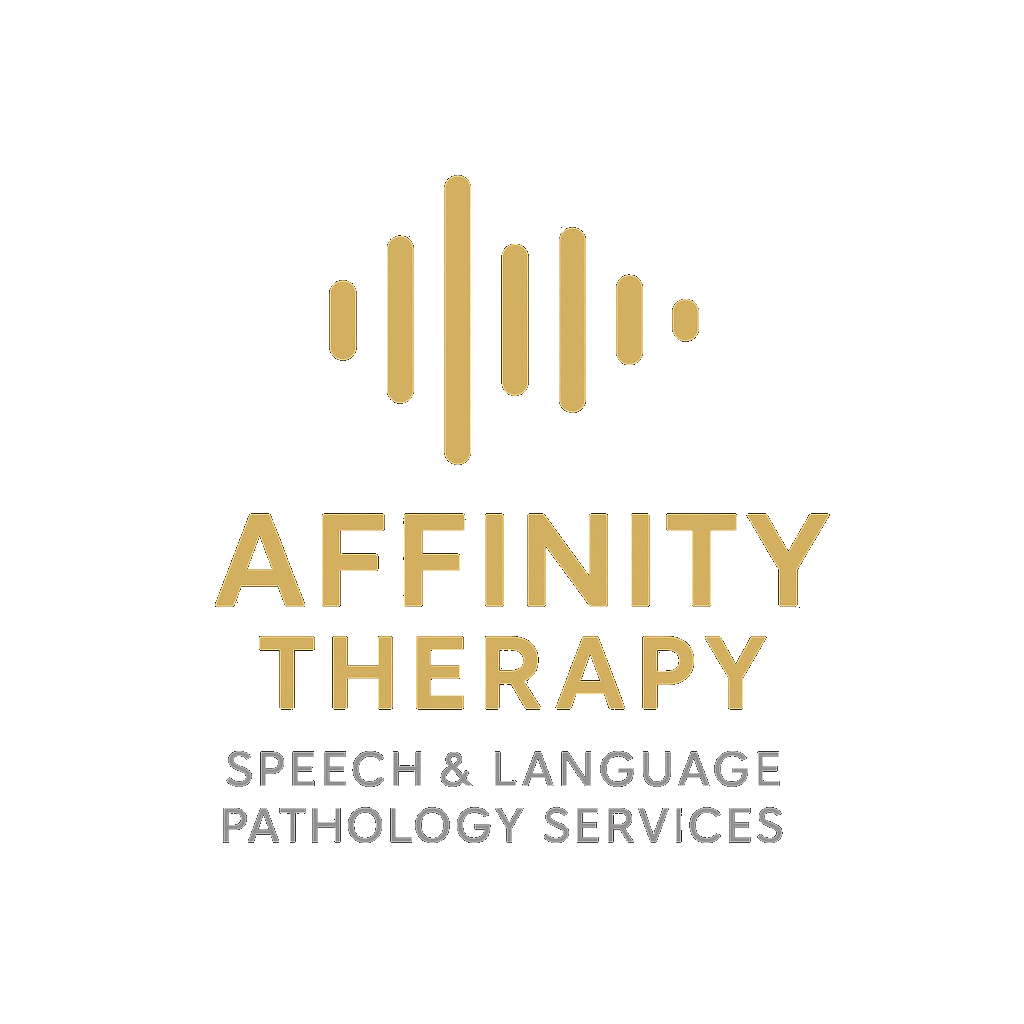Connection After Stroke

This is a challenge many people following stroke or brain injury face. Maintaining relationships and making new friendships when living with a new communication impairment is a common concern. However, there are resources available for you. It is so important to prioritize connecting with others following stroke and other neurological conditions. You are not alone in this challenge and you are not alone with your injury and/or aphasia.
Speech therapy
Speech language pathology (SLP) can help build your confidence back with use of strategies for daily communications as well as new relationships. Talk to your SLP if you have a specific scenario you would like help with. SLPs can help with use of a common phrase, with strategies for communication breakdowns, and more!
Aphasia groups
There are plenty of aphasia groups that are in-person and online where you can meet people going through the same thing as you! Aphasia groups often consist of caregivers, people with aphasia and SLPs. You may learn strategies for communication in these groups, hear from guest speakers, or just practice communication with others!
Aphasia Recovery Connection (ARC)
ARC is a non-profit organization who focuses on bringing people who have aphasia together. They have many zoom groups for people to connect through! They have a website and facebook page to find the resources. This is a great community to join and connect through.
Hobbies (including adaptive hobbies/clubs)
Hobbies are a great way to meet people and do something you already enjoy! If you need to adapt the hobbies you were involved in prior to stoke or brain injury, they have adaptive hobbies and clubs. Clubs typically meet frequently, providing a great opportunity to get to know the others participating!
Marina Coakley, M.S., CCC-SLP
Looking for More Insights?
Browse our collection of expert articles and guides.